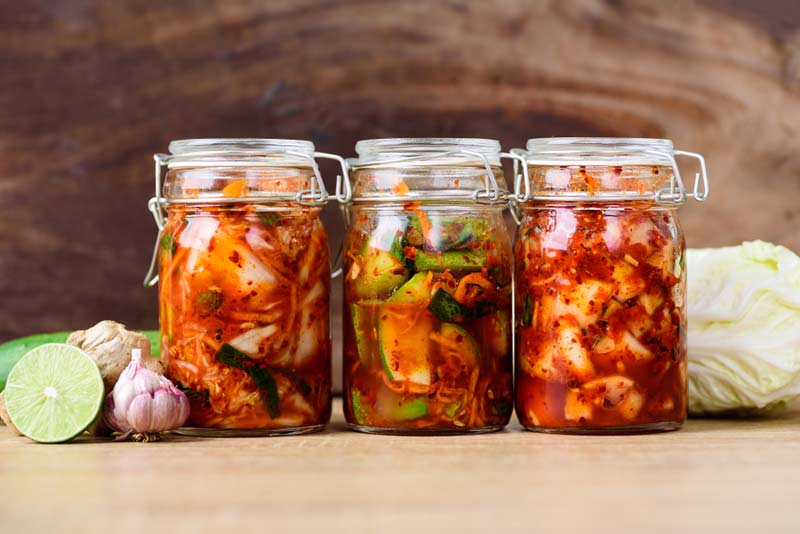
Fermented foods are having a moment—and with good reason. They’re sour, pungent, and packed with probiotics. But in Ayurvedic consultation NYC you will get to know that these very qualities—sour, pungent, and heating—can aggravate Pitta dosha, the fire element in the body.
And that’s not all. Fermented foods can also disturb Vata, especially when consumed in excess or paired poorly. This can lead to:
If your constitution is predominantly Pitta or a Pitta-Vata blend, fermented foods might not always be your digestive allies.
She specializes in identifying your unique dosha constitution – Ayurvedic consultation nyc
Excellent question! These cultures have rich traditions of consuming fermented foods. So, shouldn’t people there be overwhelmed by Pitta-related imbalances?
Excellent question! These cultures have rich traditions of consuming fermented foods. So, shouldn’t people there be overwhelmed by Pitta-related imbalances?
Not necessarily—and here’s why:
Traditional food pairings weren’t just based on taste—they were designed for balance.
In Ayurveda, food synergy is key. It’s not just what you eat—it’s how you eat it and what you eat it with.
When sour, pungent, or heating foods are paired with sweet, heavy, or cooling foods, their effects can be neutralized or softened.
For example:
Ayurveda recognizes Desha Satmya, or regional compatibility.
When food has been part of a community’s diet for generations, their bodies naturally adapt. This includes:
So, while people in Korea may thrive on daily kimchi, someone from a different climate or culture might find it causes discomfort.
Fermented foods aren’t just about what you eat—they’re also about when.
Moreover. Ayurveda emphasizes RituSatmya, or seasonal alignment and certain fermented foods are best suited to specific seasons:
So, The takeaway? Eating heating fermented foods in hot weather or climates can lead to a serious Pitta flare-up.
Source : https://www.seema.com/fermented-foods-arent-for-everyone-heres-what-ayurveda-says/